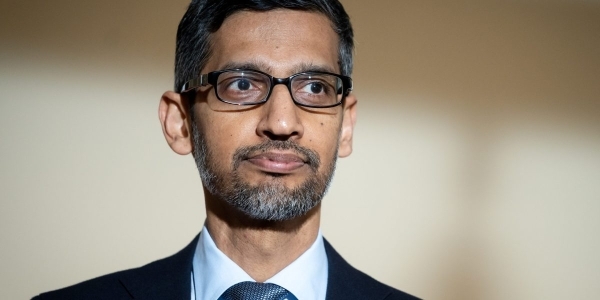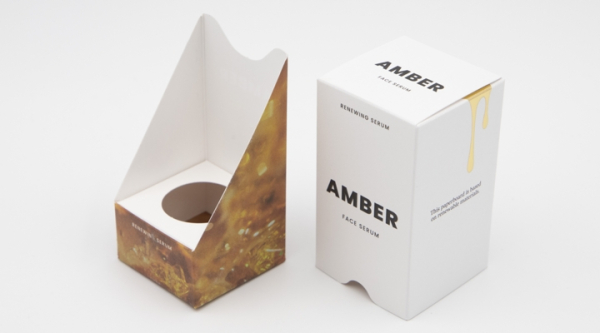
The artificial intelligence wars are heating up, with tech companies large and small racing to outdo one another and get their A.I.-powered product to market. But the mistakes by the nascent technology are starting to pile up, and Google’s up-and-coming A.I.-powered chatbot has already cost the company $100 billion in market value.
OpenAI has a head start in the fight with its ChatGPT chatbot launched in November that uses A.I. to generate humanlike text. ChatGPT’s wide range of uses, status as the fastest-growing consumer app in history, and potential to disrupt internet searches has pushed rivals to throw out the slow and cautious strategy that has dominated A.I. research for years.
Microsoft, Google, and Chinese search giant Baidu are all moving fast on their A.I. products. Google is arguably the furthest along among the established companies, premiering its own A.I.-powered chatbot for testers on Monday. Google’s chatbot, Bard, is powered by LaMDA, the company’s own A.I.-fueled language learning model that is similar to the technology behind ChatGPT.
Sundar Pichai, CEO of Google’s parent company, Alphabet, wrote that technologies like LaMDA will eventually be integrated with Google’s search engine.
Bard will be released to the general public in a few weeks, Pichai wrote Monday, and it may be a good idea for Google to spend more time perfecting it before that happens. Pichai’s blog post featured a promotional video to exhibit Bard’s capabilities. In it, users asked Bard for help with day-to-day activities, including recipe ideas and how to plan a baby shower, as well as more technical questions like how to explain to a 9-year-old what the James Webb Space Telescope has discovered.
But Bard underwhelmed audiences with inaccurate responses, including to the James Webb query. In that case, it responded that the telescope took the “very first pictures of a planet outside of our own solar system.”
But the very first image of an exoplanet was captured by the Very Large Telescope, a ground-based array in Chile, in 2004 and confirmed as an exoplanet in 2005, according to NASA—long before James Webb’s 2021 launch. James Webb, however, is being used to identify and catalog exoplanets.
Reuters was first to report on Bard’s mistake, and Google’s shares took a hit as a result. Google shares fell nearly 8% on Wednesday afternoon in midday trading, to around $99 a share, down from $108 at market close Tuesday. Its market cap Wednesday was $1.27 trillion, down from $1.35 trillion last week. The error was discovered just before Google hosted an event in Paris to display more of Bard’s capabilities.
Bard’s error underscores “the importance of a rigorous testing process, something that we’re kicking off this week with our Trusted Tester program,” a Google spokesperson told Fortune, adding that the company is incorporating feedback to ensure Bard’s responses meet “a high bar for quality, safety, and groundedness in real-world information” before its wider public release.
To be sure, Bard is far from the only chatbot to be inaccurate. ChatGPT has succumbed to racial and gender biases in certain scenarios while also providing incorrect or confused information when asked about niche topics.
Update, Feb. 8, 2023: This article was updated with a comment from Google.






